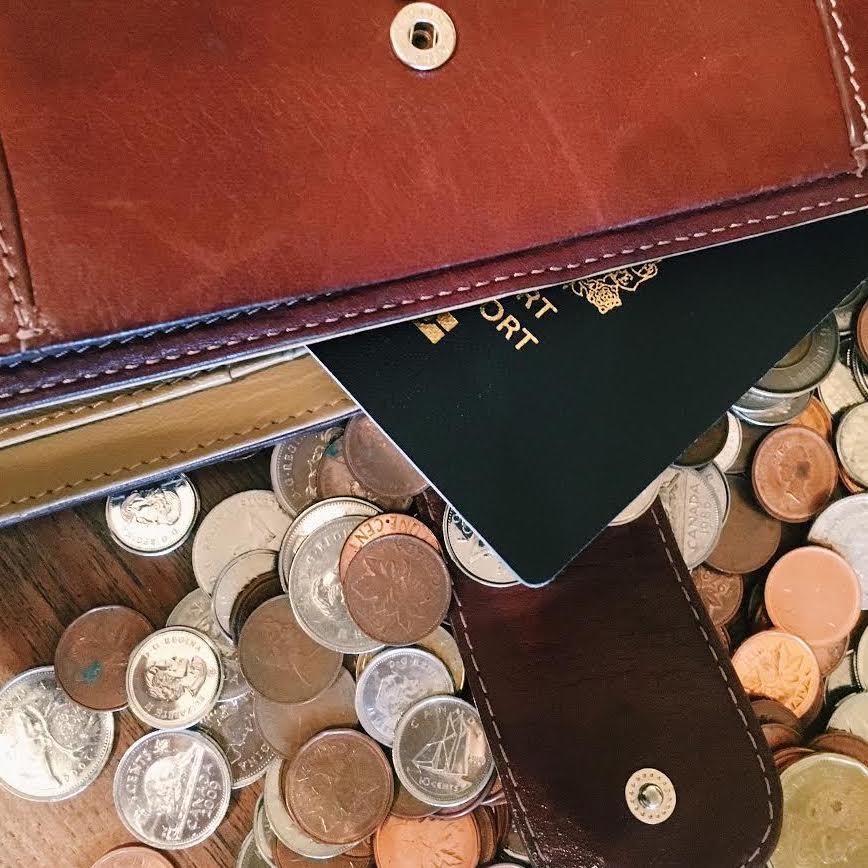Traveling abroad can be an exciting opportunity for students. They can experience new cultures, see historic sites, and make lifelong friendships. But students can sometimes get lost in the excitement and run out of money midway through their trip.
Create a budget: The best way to prevent this is to work with your student to create a budget. This may be the first time students set a budget and plan their spending, so it is a great learning opportunity!
When planning a travel budget, students should consider more than just the plane ticket, for example:
- What is the exchange rate?
- How much will food cost?
- Do they plan any short excursions to other destinations while abroad?
- Is housing included in the program fee?
- Will they need to pay for public transportation to get around?
- How much do they plan on spending for souvenirs or extras?
- Will they use their phone, and if so, how much will phone use cost abroad?
This sample budget may be a helpful starting place for you and your student.
|
|
Average Cost |
Total cost |
|
Housing (shared apartment) |
€200/week |
€800 |
|
Meals (lunch) |
€8/day (average, purchased) |
€240 |
|
Meals (dinner) |
€12/day (average, purchased) |
€360 |
|
Meals (breakfast) |
€10/week (made at home) |
€40 |
|
Cultural activities (museums and other entry fees) |
€40/week |
€160 |
|
Travel in the city (unlimited public transit month pass) |
€40 |
€40 |
|
Other entertainment (shows, coffee shops, movies, etc.) |
€100/week |
€400 |
|
Souvenirs |
|
€400 |
|
Estimated total: |
€2440 |
|
|
Current conversion to US dollars (€1.00 to $1.20) |
$3,048 |
Creating a sample budget from scratch may seem overwhelming, so you may want to explore these helpful resources for budgeting and finding discounts:
-
Your student’s program advisor may have already provided them with a sample budget for their destination, and you could ask your student whether they have received this.
-
International Student Identity Card for discounts while abroad
-
Discount student travel sites:
Planning for purchases abroad and emergency funds:
Before travel, consider together:
- Some banks may charge a fee on each international purchase, so you may want to look into a debit or credit card that has an option to avoid additional international fees.
- Students should inform their bank to prevent their debit/credit card from being "frozen" under fraud alerts.
- Can they use their debit/credit card when traveling? Some countries may have limited access for the use of debit/credit cards, so students may need to use paper money at times.
- Could they convert money in the US before traveling abroad?
- Do they have access to an alternative debit/credit card if they lose theirs?
- In case of emergency, can you easily transfer money to your student’s account if needed?
- To help in case of medical emergency abroad, students travel on a U-M-sponsored programs are required to purchase Travel Abroad Health Insurance. Students who travel on another type of study abroad program, or traveling for leisure purposes, may purchase this same plan for a reasonable cost, but they must purchase it before their trip begins.
If you have questions regarding creating a budget for your student’s study abroad experience, please contact the International Center at [email protected]
To help Student Life continue making a difference in students' lives, please consider making a gift.

